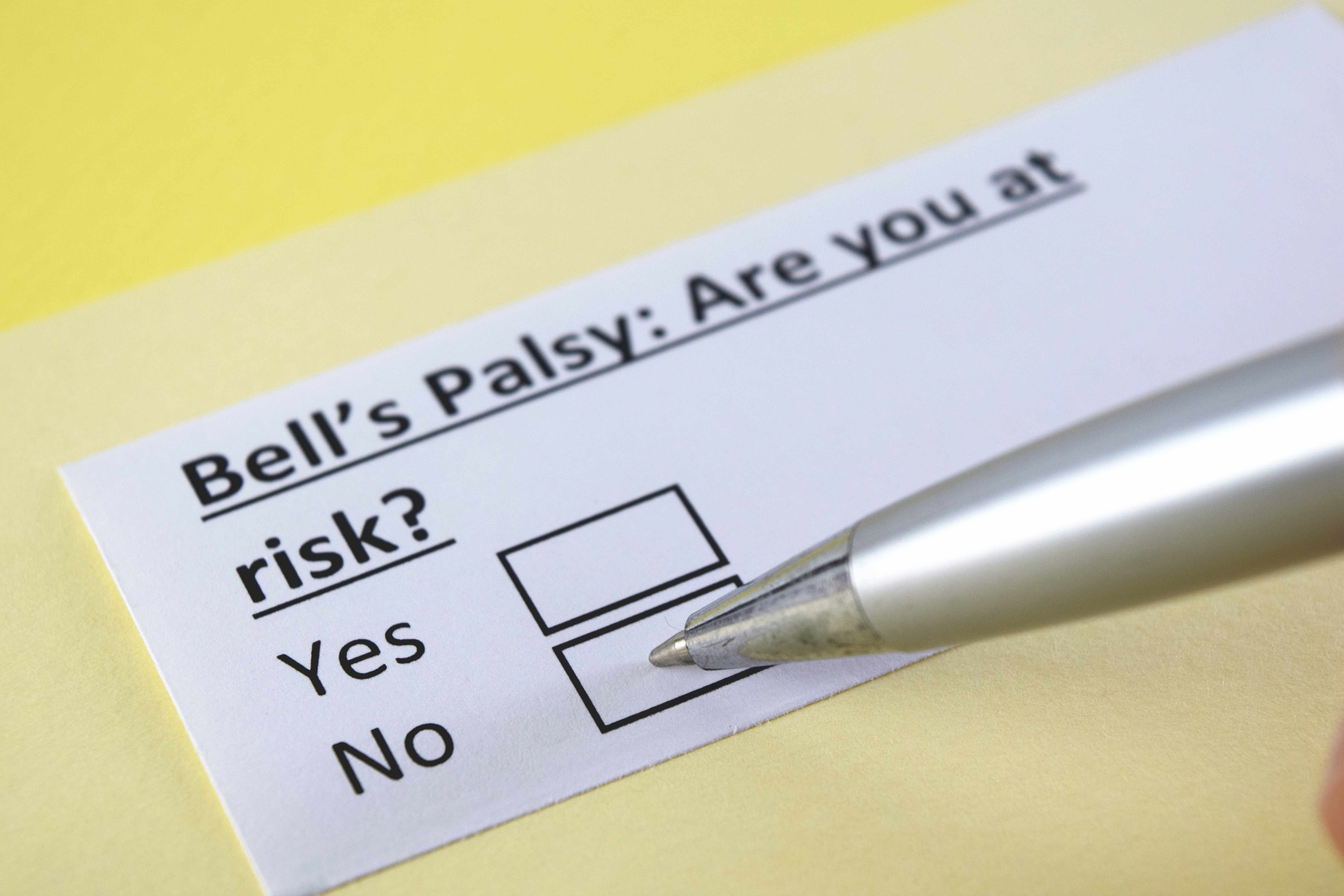Neurosciences

April 26, 2024
Bell's palsy causes sudden weakness in your facial muscles. This makes half of your face appear to droop. Your smile is one-sided, and your eye[...]
December 4, 2012
November 19, 2012
November 16, 2012
November 14, 2012
November 12, 2012
October 16, 2012
Explore more topics
 Sign up
Sign up

Mayo Clinic Connect
An online patient support community
